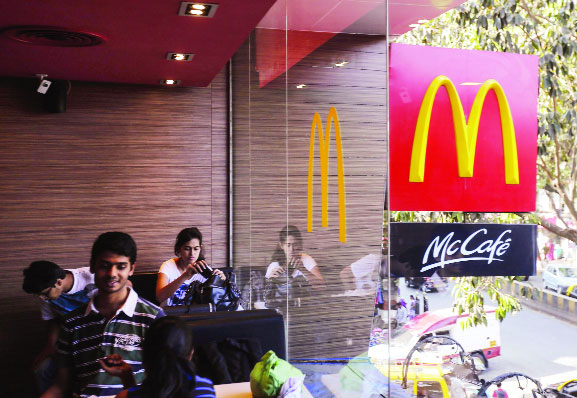As McDonald’s ends a decade-long dispute with its partner, will Indians in the north and east welcome the brand back?
A long-standing dispute between American fast-food chain McDonald’s and its business partner in north and east India is on the verge of being resolved with both parties informing the National Companies law Appellate Tribunal (NCLAT) that they are working on an out-of-court settlement. This will hopefully bring to an end over a decade of wrangling and damaging problems for the brand which has suffered in the process, but what next? In an era where more and more questions are being asked about the dangers of fast food and as consumers are increasingly becoming aware of the ill effects of excess salt and sugar in them, can McDonald’s gain its mojo back in north India? And what does this episode teach foreign investors of the perils of dealing with Indian partners? Both questions are fascinating and do not have clear-cut answers. As India develops economically and the family system is put under increasing pressure with youngsters moving out and taking up jobs far away, fast food will, for better or worse, become a regular phenomenon. That said, there is awareness of the risks posed by preservatives and unhealthy levels of saturated fats, salts and sugars and younger people, particularly the group that marketers call millennials or those born after 1980, are very health-conscious. Brands like McDonald’s have moved to “healthier” food items on their menu in many Western countries and now that this tussle has been resolved, it will likely be able to focus on new and innovative items for India as well. McDonald’s “Paneer” and “Aloo Tikki” burger, for example, was developed specifically for India but the crisis has meant that innovation took a back seat.
The second issue of foreign business collaborations might have longer term impacts. Both parties in this case felt aggrieved and the legal hassles did no favours to India as a place to do business. Competing cases in the National Company Law Tribunal (NCLT) and the London International Court of Arbitration (LICA) are also evidence of how convoluted and irksome the company law process here is and only now are attempts being made to establish India as a major arbitration centre. This should not be the case going forward. Disputes between partners are in the nature of business and they have to be resolved amicably where both parties can go back claiming victory. It took over a decade to resolve this problem. A loss for both in real terms.


























